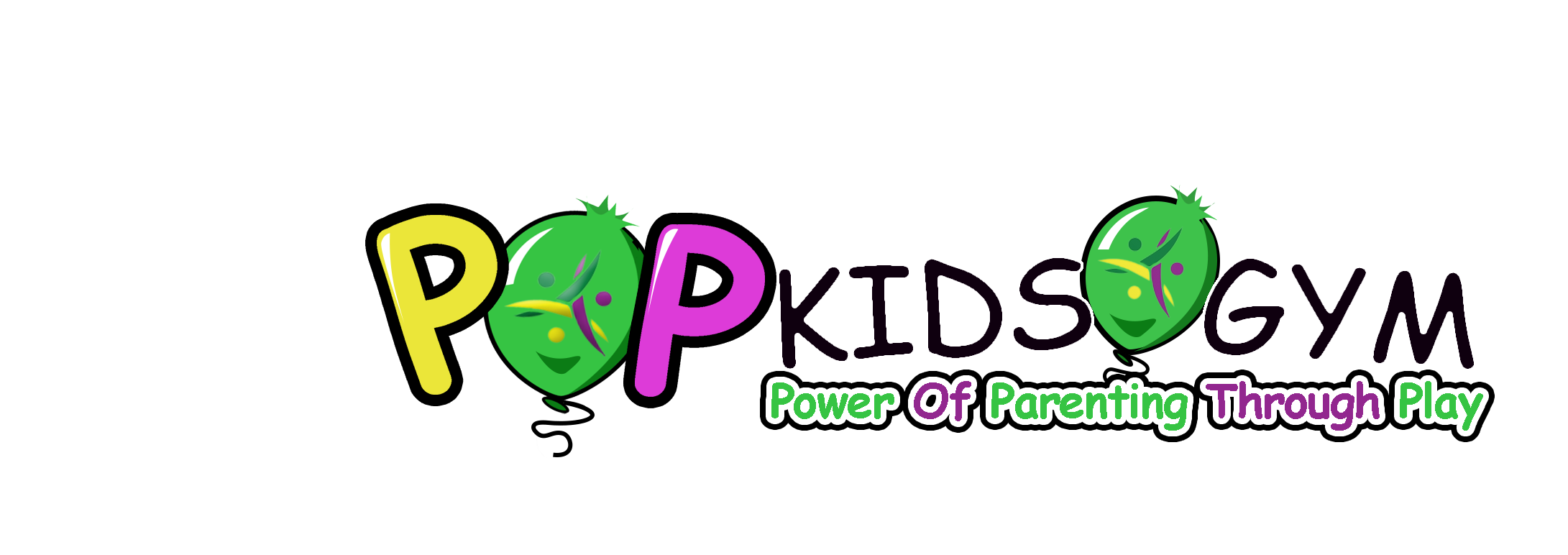This may be manifested in behaviors such as irritability or withdrawal when touched, avoidance of certain textures of clothes or food, concentration, fearful reactions to such ordinary movement activities (swinging, spinning).
Sensory Processing
Sensory Processing
Touch, Sight, Sound, Smell, Taste, Movement, Body Awareness, Pull of Gravity
Sensory experiences include touch, movement, body awareness, sight, sound, smell, taste and the pull of gravity. The process of the brain organizing and interpreting this information is called Sensory Integration. Sensory Integration (SI) provides a crucial foundation for later, more complex learning and behavior.
For most Children, Sensory Integration develops in the course of ordinary childhood activities. Motor planning ability is a natural outcome of this process, as is the ability to adapt to incoming sensations. But, for some children, sensory integration does not develop as efficiently as it should. When this process is disordered, a number of problems in learning, development and behavior may become evident.
Indicators of Sensory Problems:
Contrasted to the above, an under – responsive child may seek out sensory experiences such as whirling or crashing into people and objects. He or she may seem oblivious to pain or to body position. Some children fluctuate between extremes of over- and under – responsiveness.
The child may be constantly on the move or may be slow to warm –up and fatigue easily. Again some children may fluctuate between extremes.
This can be seen in gross and fine motor activities. Some children may have unusually poor balance, while others have great difficulty learning to do a new task that requires motor coordination.
These may be evident in a pre-schooler along with other signs of poor sensory integration. In a school-aged child, there may be problems in some academic areas despite normal intelligence.
This child may be impulsive or distractible and show a lack of planning in approach to tasks. Some children have difficulty adjusting to new situations. Others may react with frustration, aggression, or withdrawal when they encounter failure.
